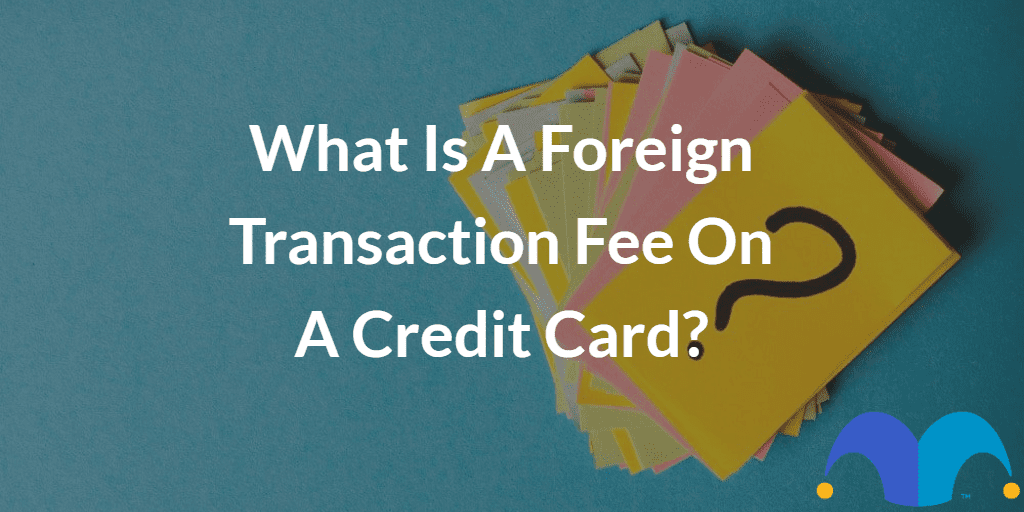If you’re a frequent traveller, you’ve most likely heard of a foreign transaction fee. They’re often deep within the terms and conditions of your card and you may not even know they’re there until you get charged. Don’t worry – we’ll break down what they are, how they work, and how to avoid them.
What is a foreign transaction fee?
A foreign transaction fee on a credit card is a charge you pay when you use your credit card abroad. These fees can apply to physical purchases made with your card while you’re travelling abroad or online purchases in a foreign currency.
Foreign transaction fees are also sometimes called ‘foreign purchase transaction fees’ or ‘foreign currency transaction fees.’
How do foreign transaction fees work?
Foreign transaction fees are added automatically to your credit card when you:
- Use the card to make a purchase or withdraw cash outside of the UK
- Make a purchase in a foreign currency
These fees are charged on top of purchases you make while you are travelling or items you buy online using a foreign currency.
How much are foreign transaction fees?
Foreign transaction fees are typically 1% to 3% of the value of your purchase. That means for every £1,000 you spend abroad, you might increase your credit card balance by up to £30.
Many cards also charge fees of around 3% for cash withdrawals in a foreign currency and have a minimum charge of £1 to £3 per transaction.
How are foreign transaction fees calculated?
Foreign transaction fees are calculated as a percentage of the transaction amount. Some lenders also charge a minimum fee of around £1 to £3 for cash withdrawals.
Do foreign transaction fees count towards rewards points?
Foreign transactions don’t count toward rewards spending on a standard credit card. However, it is possible to apply for a travel credit card that offers rewards points on foreign transactions. Travel credit cards usually charge a monthly fee, but they might be better value for you if you’re a frequent traveller.
Do all credit cards charge a foreign transaction fee?
Most standard credit cards charge foreign transaction fees for purchases and cash withdrawals. Some credit cards are designed to be used abroad and don’t charge foreign transaction fees. They are often labelled as ‘travel credit cards’ and may have a higher monthly fee than a standard credit card.
How can you avoid foreign transaction fees?
If you often travel abroad, it may be worth opening a travel credit card that doesn’t charge foreign transaction fees. These credit cards usually have a higher monthly fee than a standard credit card but they may still save you money overall if you’re a frequent traveller. Travel credit cards also provide other perks, like earning points, air miles or free hotel stays.
Check out our list of top-rated travel credit cards in the UK to start avoiding foreign transaction fees today.
